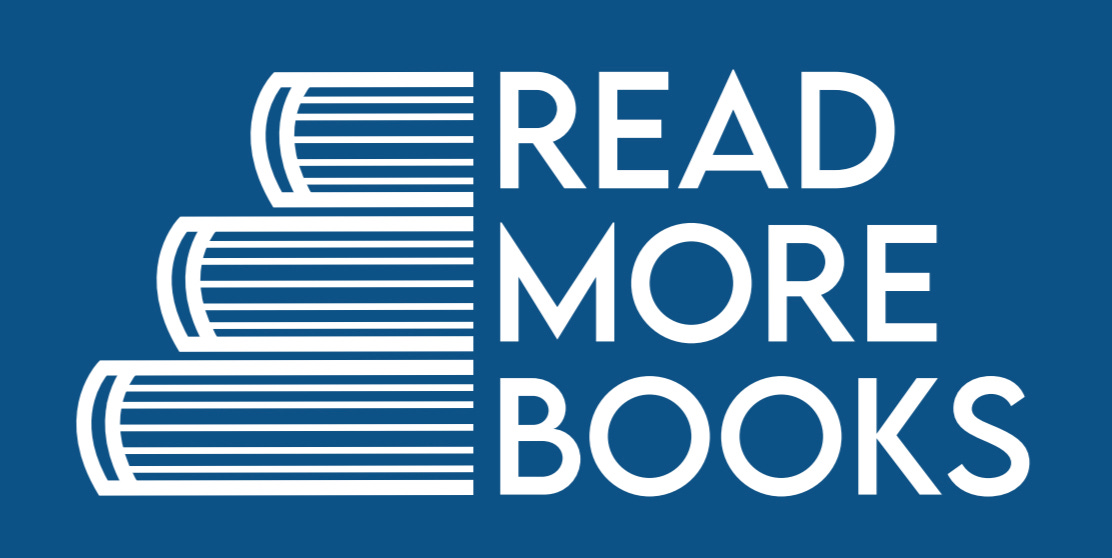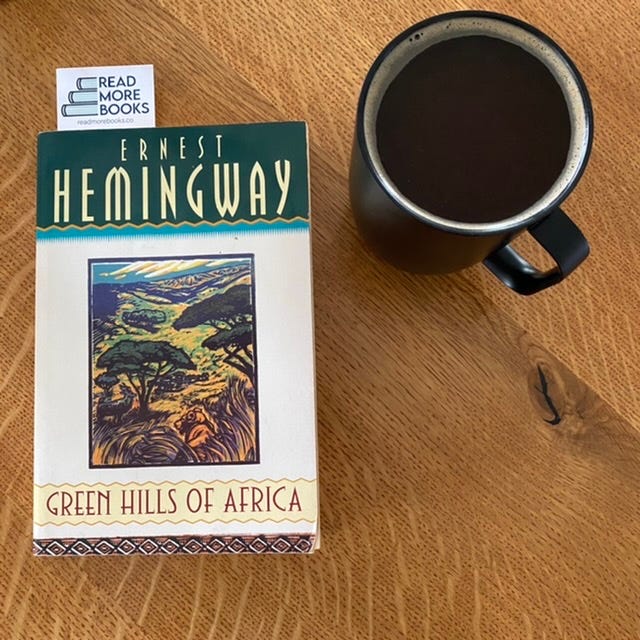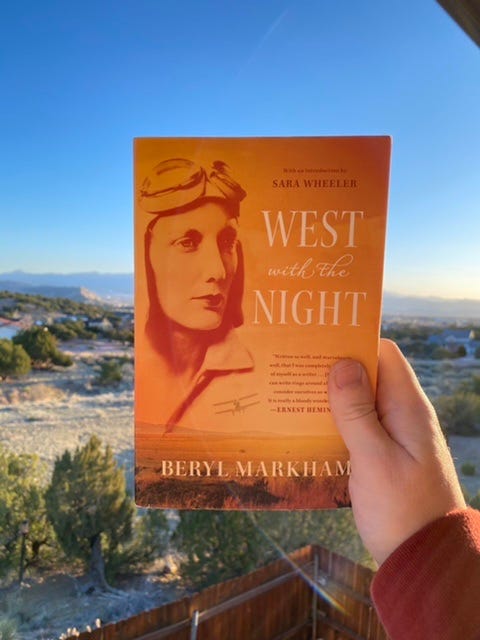What to Read Next (No. 173): travel memoirs of 1930s Africa
I’ve been reading a number of travel classics for an Art of Manliness article that was published on Tuesday. A couple of my favorites happened to both be set in 1930s Africa. At that time, it was a mysterious, adventurous place on the map, especially for wealthy dudes with a lot of leisure time—like Ernest Hemingway.
There were also white families from England, like the Clutterbucks, who raised and trained race horses in Kenya. From that clan emerged a young woman named Beryl, eventually with the last name Markham, who would traverse the continent in a biplane as one of the only women pilots of the era. Her memoir, West With the Night, is one of the great one-hit literary wonders of the 20th century.
Two great travelogues published seven years apart, both of which garnered a lot of recognition—even though it took a few decades for Markham’s book. Perhaps the best part about these two unexpectedly connected books: West With the Night earned that recognition in large part because of Hemingway, who said that Markham made him feel “completely ashamed of myself as a writer.”
Let’s take a deeper look.
One last thing: Don’t miss my bookish interview with Scott Newstok—he has some Shakespearean recommendations to check out.
Green Hills of Africa by Ernest Hemingway
Published: 1935 | Pages: 295
Quick note: if you’ve already read the AoM piece, there’s some repetition, but my review is expanded here.
Truthfully, I don’t really know what it is that I love about Papa Hem. But I can’t help it. I’m irrevocably drawn to his words.
Green Hills of Africa chronicles his 1933 big game hunting excursion with his wife and friends. They hunt, they rest under the shade of a tree, they drink around a campfire at night, and repeat in the morning. There were numerous times where I had the thought that this is basically a non-fiction version of The Sun Also Rises (a book I love and have read a few times).
There’s not much plot, to be honest. Welcome to Hemingway, though. His novels are never reliant on the story itself to turn the pages. That turns some people off; to me, it’s just all the more impressive that he convinces me to turn the pages.
This one reads like any of his fiction does: like a letter from an old friend—the prose is not ornate or artful, but it is thoughtful and real and meaningful nonetheless. Scattered among the hunting tales are Hemingway’s thoughts on writing and literature, on “pursuit as happiness,” and on the invigorating but sometimes infuriating nature of competition.
In fact, those bits about writing and literature were perhaps the most interesting. The group discusses why Hemingway writes:
“I have a good life but I must write because if I do not write a certain amount I do not enjoy the rest of my life.”
The rewards of writing:
“Do you think your writing is worth doing—as an end in itself?”
Oh, yes.
“You are sure?”
Very sure. ]
The cornerstone of American literature:
“All modern American literature comes from one book by Mark Twain called Huckleberry Finn. . . . it’s the best book we’ve had. All American writing comes from that. There was nothing before. There has been nothing as good since.”
There is, of course, plenty of hunting scenes too. Though it’s sometimes squeamish for modern sensibilities, his ethic towards hunting is, perhaps surprisingly, well-thought-out: “I resolved that I would only shoot as long as I could kill cleanly and as soon as I lost that ability I would stop.” He lamented the poor “gut shots” that left an animal suffering.
Overall, I really enjoyed it. It’s as worthy of reading as anything Hemingway penned. Though he complained about the bugs and the wet heat and the sting of failure, he found satisfaction in those things and made them appealing enough for me to even yearn for those same hard-earned and, ultimately, fulfilling experiences.
West With the Night by Beryl Markham
Published: 1942 | Pages: 293
“We fly, but we have not ‘conquered’ the air. Nature presides in all her dignity, permitting us the study and the use of such of her forces as we may understand. It is when we presume to intimacy, having been granted only tolerance, that the harsh stick falls across our impudent knuckles and we rub the pain, staring upward, startled by our ignorance.”
As noted at the start, Markham grew up in Africa, with Kenya and its native people in her soul. She started as a horsewoman, but Markham became enamored by the machines of the air after a fortuitous encounter with a famed pilot, who sat beside his broken down car on a dusty Kenyan road. She writes:
“It will be found, I think, that all the science of flying has been captured in the breadth of an instrument board, but not the religion of it.”
The beginning of the book, though, starts on a different scene: Markham brings us right into her atmospheric world with a stirring description of a night flight to deliver oxygen to a man who was badly injured in a mining accident. The dark sky—darker than dark, the faint and homespun lights of the runway, the stress of a dangerous landing. I was immediately hooked by not only the story, but the lyrical and yet readable prose.
Beyond her escapades in the air, we’re treated to all kinds of anecdotes from the entirety of her life. Being bitten by a lion, run-ins with fierce warthogs, her first race as a horse trainer.
It’s only at the very end, the last few dozen pages, in fact, that Markham gets to what she’s most famous for: the first solo east to west crossing of the Atlantic ocean by any pilot, man or woman.
On every single page, Markham writes vividly—masterfully, beautifully—about all of these episodes of her adventurous life. I took a ton of notes from West With the Night; her prose was just irresistible.
I’m stingy with my 5-star ratings, but this was an easy choice. Hemingway, in fact, sums it up best, in one of the great literary endorsements of all-time:
“she has written so well, and marvelously well, that I was completely ashamed of myself as a writer. I felt that I was simply a carpenter with words, picking up whatever was furnished on the job and nailing them together and sometimes making an okay pig pen. But [she] can write rings around all of us who consider ourselves as writers ... it really is a bloody wonderful book.”
Thanks so much for subscribing. I really appreciate the support!
Please let me know what you’re reading—I love to hear.
One last thing. If you enjoy the newsletter, please consider sharing it or gifting a subscription:
-Jeremy



